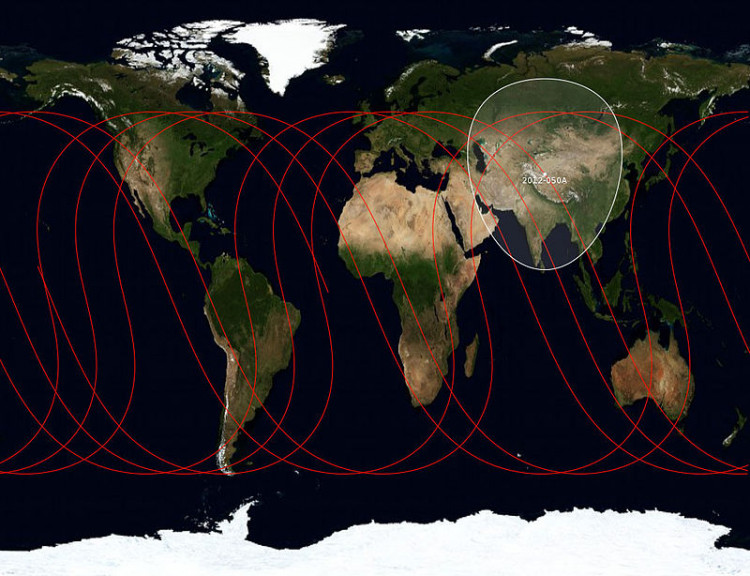China launched a new satellite for its global navigation system to rival the United States' global positioning system. The Asian superpower's 20th satellite is another step towards completing its Bedou network.
The new satellite was launched on Saturday close to midnight from the Xichang center in Southwest China. According to Xinhua, a Chinese-state run news agency, the latest addition to the Beidou constellation successfully entered inclined geosynchronous satellite orbit.
The new satellite is noted as the Beidou - 311Q (IGSO-1), or the Beidou-44, and it was launched using the Long March-3B/G2 launch vehicle. The satellite is part of the GEO component of the 3rd phase of the Chinese Beidou satellite system which utilizes both geostationary satellites and satellites in intermediate orbits.
The satellites were based on the DFH-3B Bus that has an increased payload of 450 kg with a payload power to 4,000 W. According to reports, the satellites feature a phased array antenna that gathers navigation signals and a laser retroreflector and additional deployable S/L-band and C-band antennas. The spacecraft dimensions are noted at 2.25 by 1.0 by 1.22 meters since it needs to carry a launch mass of 4,600 kg.
According to reports, it is the first of three satellites that China plans to send to the orbit. They are planning to reach 27 satellites in medium earth orbit and five in geostationary orbit in Beidou next year.
The newest satellite was China's first launch for this year and it is expected that it will be followed by seven to nine launches by the end of 2019. China started its Beidou navigation system since 1994. The navigation system has been developed since then in the aim of surpassing the United States' GPS in the global positioning market. A navigation system is an important tool in many military and civilian operations.
In December the Beidou navigation system started to offer basic global service prioritizing the Asia-Pacific region and the countries positioned along the "Belt and Road Initiative" of China. The Belt and Road initiative is China's trade and infrastructure strategy aimed at heightening the economic ties of Asia, Africa, Europe and beyond.
China invites other nations to use its Beidou navigation system. The country offers additional services and other incentives to nations if they took part in the initiative. The white paper on Beidou released by the Chinese government in 2016 said that the system was intended to primarily serve the interests of countries under the Belt and Road initiative.





